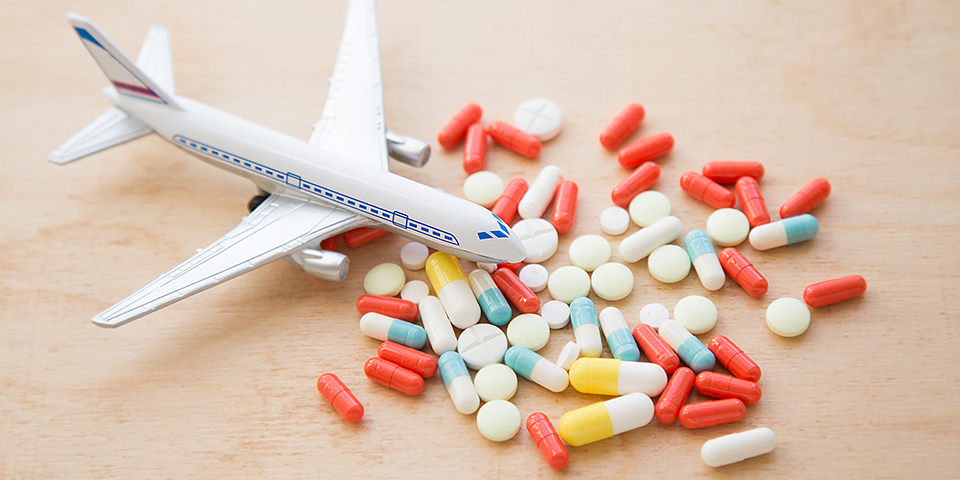The detention of an Australian for bringing prescription medicines into Bali without sufficient documentation has prompted a timely reminder for travellers.
With the holiday season approaching, NPS MedicineWise is reminding Australians to plan ahead when they are travelling with medicines.
NPS Pharmacist and Medicines Line Team Lead Nerida Packham says nine million Australian adults take a prescription medicine every day, and such medication is a part of their lives, but including medicine documentation when travelling overseas is important for several reasons.
“Carrying a copy of your prescriptions and a letter from your doctor, explaining what the medicines are for, can help if you go to a doctor or pharmacist while overseas,” she said.
“They may not be familiar with your medicines, and different pharmacies may not carry your regular brand of medicine.”
For those travelling in the heat, keeping medicines at the right temperature is also important. Most medicines need to be stored under 25C as exposure to heat and sunlight can cause chemical reactions in some medicines, reducing their effectiveness. If a traveller intends to drive long distances or will be in a location without electricity (such as camping), they are advised to keep medicines cool and dry in refrigerated bags.
Ms Packham recommends patients know the active ingredient in their usual medicine so the right medicine can be obtained if required, and to avoid potentially doubling up on doses.
“The active ingredient is the chemical in the medicine that makes it work,” she said. “The same active ingredient can come in different forms, such as in a tablet or as a liquid, and can also be sold as different brand, so it’s important to know how to recognise the active ingredient to avoid putting yourself at risk of accidental overdosing.”
To help patients keep track of medicines, and to ensure medicine details are always on hand, NPS MedicineWise produces a medicines list to record everything a patient takes, including prescription, over-the-counter and complementary medicines. The list is available in English and 10 other languages.
Other ways to seek out good quality, accurate, evidence-based information include looking up the consumer medicines information leaflet for a particular medicine via the ‘Medicine Finder’ on the NPS MedicineWise website (www.nps.org.au) or in the free MedicineWise smartphone app.






